Of Ontological Proofs and Onion Rings
Or, OK, just ontological proofs.
So, I'm browsing around for additional commentary on Anselm's proof of God, poking my head about the Summa, cracking my knuckles over the Descartes (IIIIIIIIIIIIImmanual Kant was a real ---- ant, who was very rarely sober! Yay for The Philosopher's Drinking Song! Oh, for singing loudly at the Munich trainstation! Right, back to the long neglected sentence) - and I realize that I've never really seen Anselm's "proof of God" to be necessarily a proof so much as a definition. The objections which St. Thomas and others have raised make sense to me - although pinning it down more as a definition and less of a proof I hope in no way takes away from its elegance.
Which makes one wonder if the whole idea of an ontological proof isn't something of an oxymoron - or at least an outright contradiction. Part of the difficulty appears to be in regards to what ontology is - some seem to define it as focussing more on the relationships of things, while other definitions appears to broaden (or return to the original?) definition of ontology as that branch of metaphysics which determines what is. Of course, one may determine what something is by its relationship to other things but....
OK, my thinking is getting ahead of anything else, and the question strikes me: can we definitively PROVE that *anything* exists? I'm not trying to deny existance - the Endarkenment has already gone down that route plenty and have subsequently been driven mad - but rather, I question whether we're treating existance too much as a material thing which is provable rather than as a meld of spiritual and material which is therefore somewhat outside the realm of "mere" material proofs?
How sad is this? Here is fodder for a great essay - and yet I'm going to let it flounder because I have too much pressing work to do. But, couldn't that in itself be an answer to all these philosophical and metaphysical questions about proving existance? It's not enough to think about being - rather we'd all be benefitted by first doing our job of being. Little wonder, again, that God's name is I AM! :)
Funny old world, iddn't it.
Mood: Tuna
Music: Flannel Collage, "I'd Stop the World"
Observation: I stuck on that CD because I needed to mellow...and then had to chuckle as I recalled some of my students pointing out to me that I put on this CD to mellow. Now there's an ontological proof in action!
Or, OK, just ontological proofs.
So, I'm browsing around for additional commentary on Anselm's proof of God, poking my head about the Summa, cracking my knuckles over the Descartes (IIIIIIIIIIIIImmanual Kant was a real ---- ant, who was very rarely sober! Yay for The Philosopher's Drinking Song! Oh, for singing loudly at the Munich trainstation! Right, back to the long neglected sentence) - and I realize that I've never really seen Anselm's "proof of God" to be necessarily a proof so much as a definition. The objections which St. Thomas and others have raised make sense to me - although pinning it down more as a definition and less of a proof I hope in no way takes away from its elegance.
Which makes one wonder if the whole idea of an ontological proof isn't something of an oxymoron - or at least an outright contradiction. Part of the difficulty appears to be in regards to what ontology is - some seem to define it as focussing more on the relationships of things, while other definitions appears to broaden (or return to the original?) definition of ontology as that branch of metaphysics which determines what is. Of course, one may determine what something is by its relationship to other things but....
OK, my thinking is getting ahead of anything else, and the question strikes me: can we definitively PROVE that *anything* exists? I'm not trying to deny existance - the Endarkenment has already gone down that route plenty and have subsequently been driven mad - but rather, I question whether we're treating existance too much as a material thing which is provable rather than as a meld of spiritual and material which is therefore somewhat outside the realm of "mere" material proofs?
How sad is this? Here is fodder for a great essay - and yet I'm going to let it flounder because I have too much pressing work to do. But, couldn't that in itself be an answer to all these philosophical and metaphysical questions about proving existance? It's not enough to think about being - rather we'd all be benefitted by first doing our job of being. Little wonder, again, that God's name is I AM! :)
Funny old world, iddn't it.
Mood: Tuna
Music: Flannel Collage, "I'd Stop the World"
Observation: I stuck on that CD because I needed to mellow...and then had to chuckle as I recalled some of my students pointing out to me that I put on this CD to mellow. Now there's an ontological proof in action!
 The sporadic ramblings of Emily C. A. Snyder - devoted to God, theatre, writing, and much randominity.
The sporadic ramblings of Emily C. A. Snyder - devoted to God, theatre, writing, and much randominity.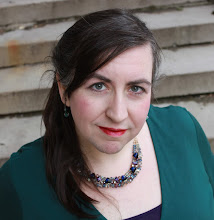
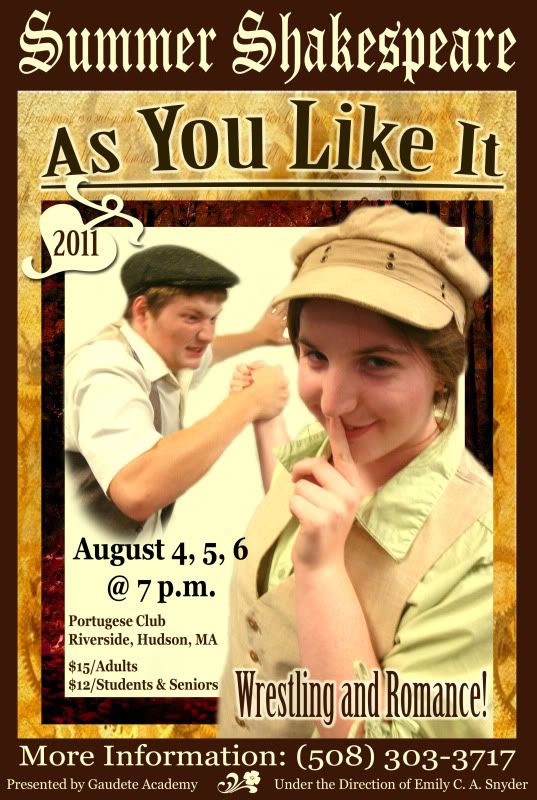
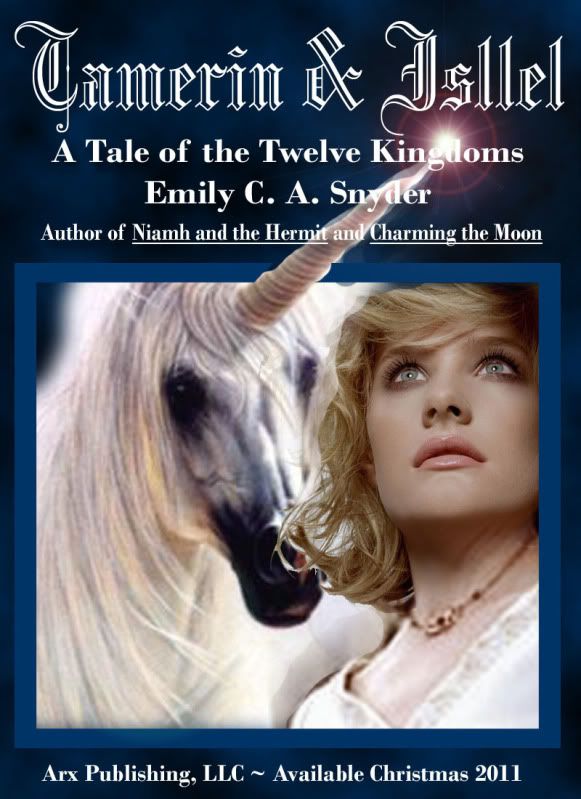
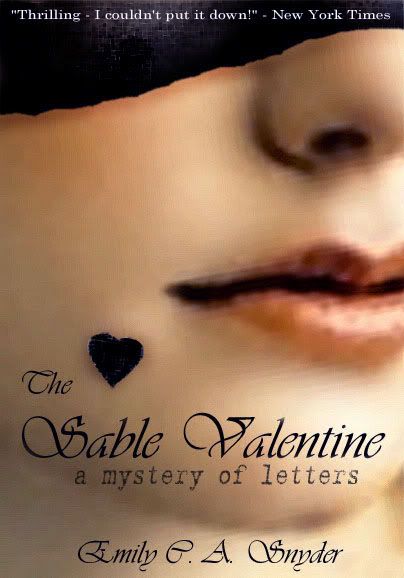





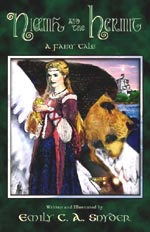
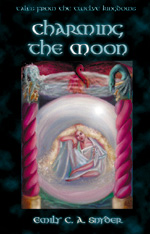

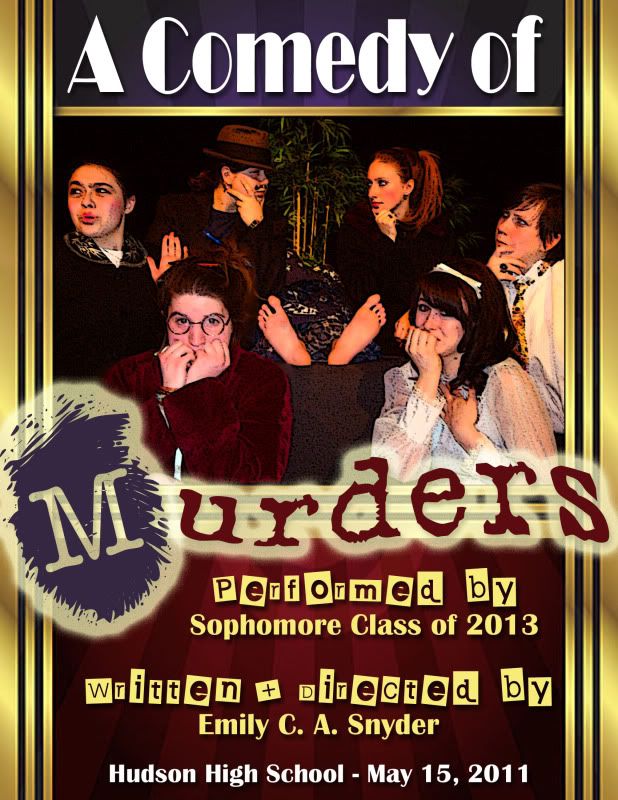
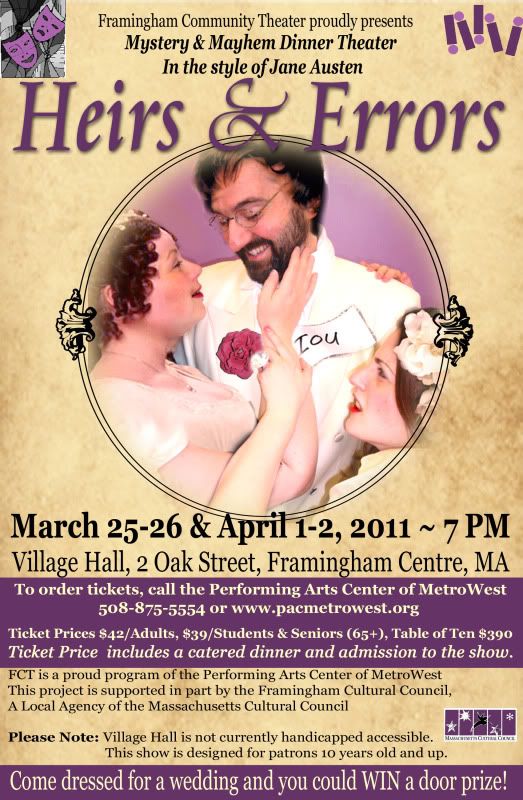

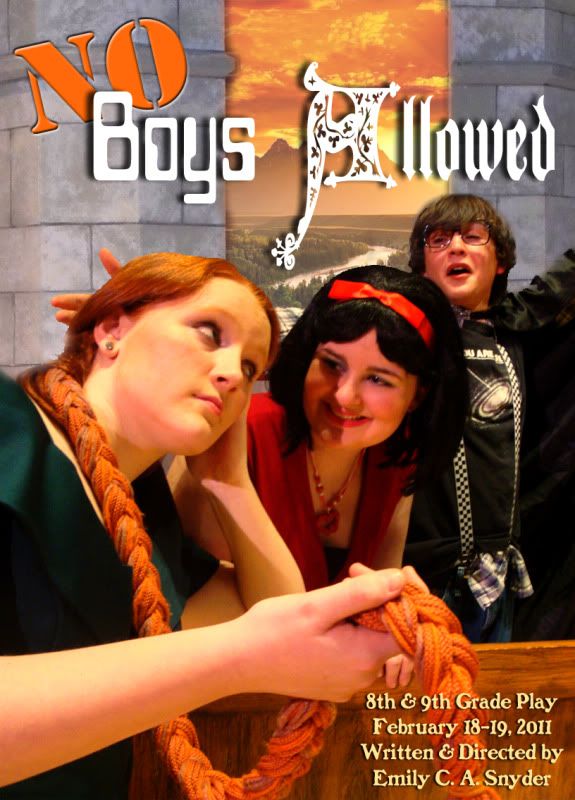
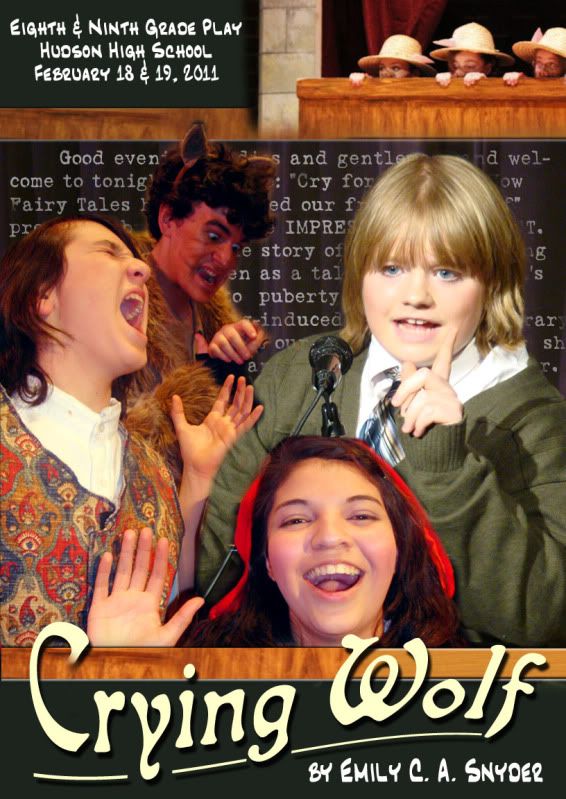

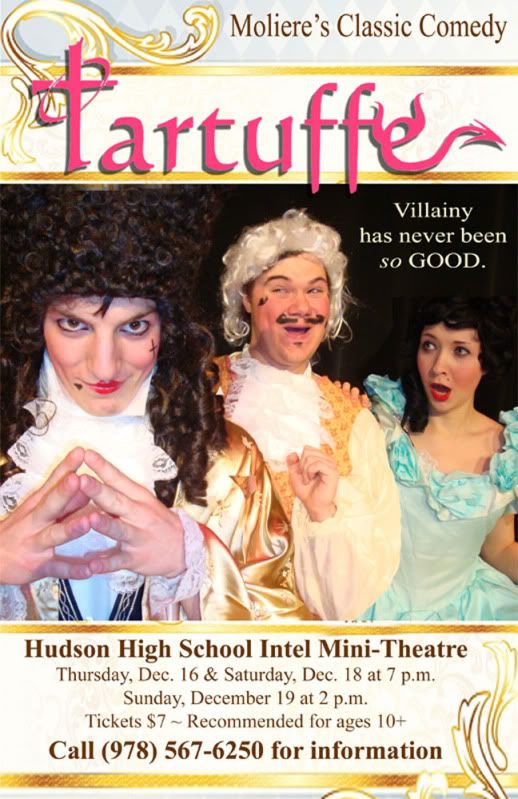
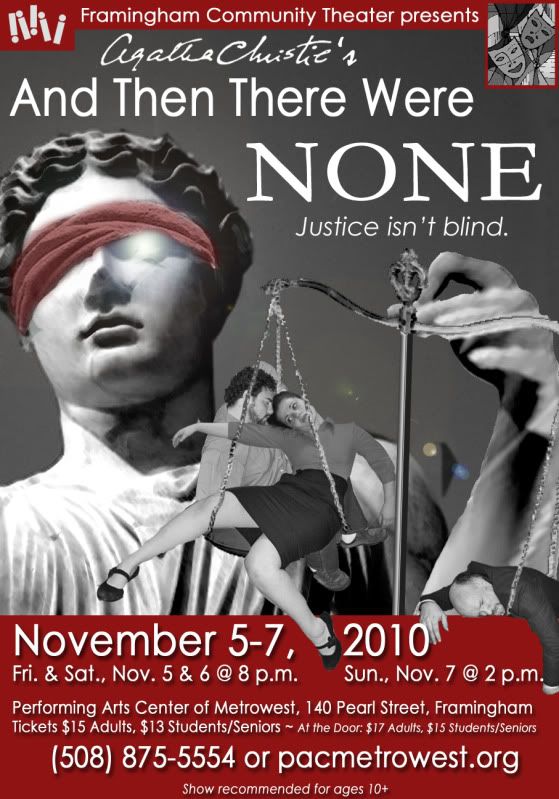
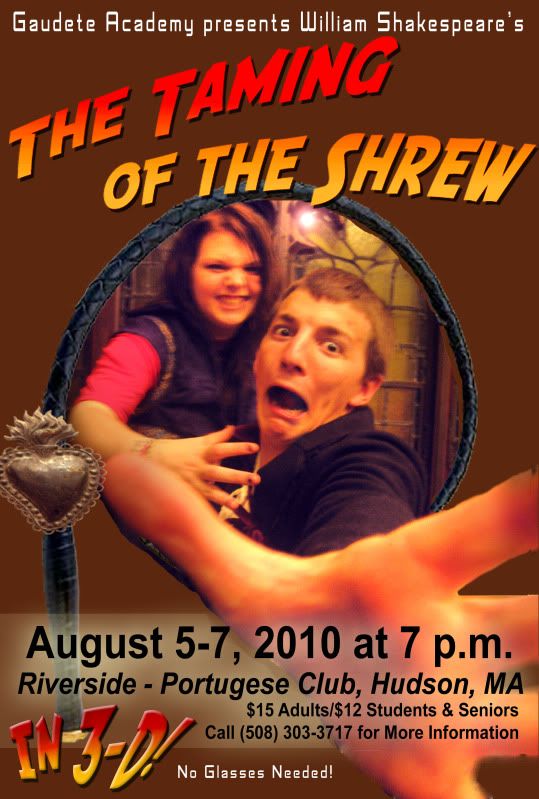
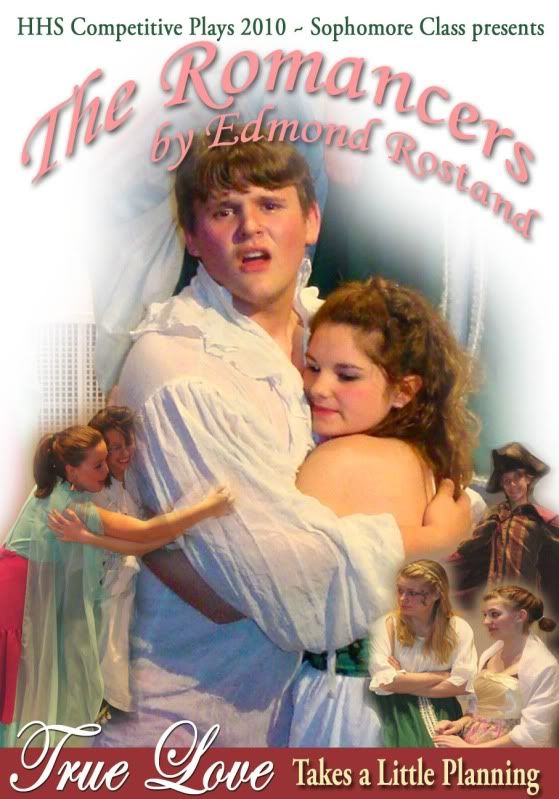
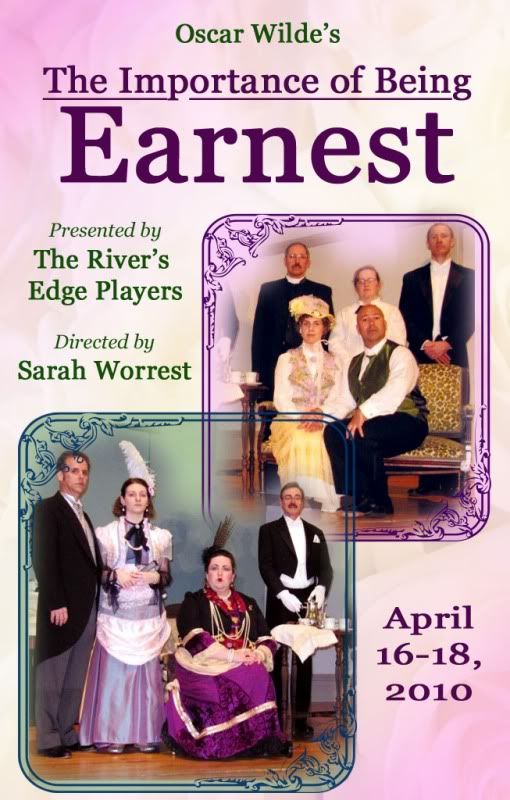
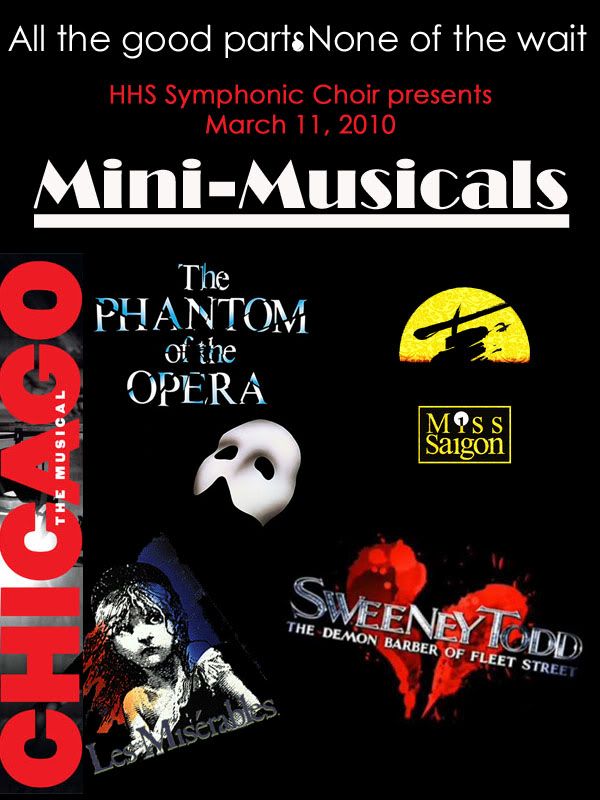

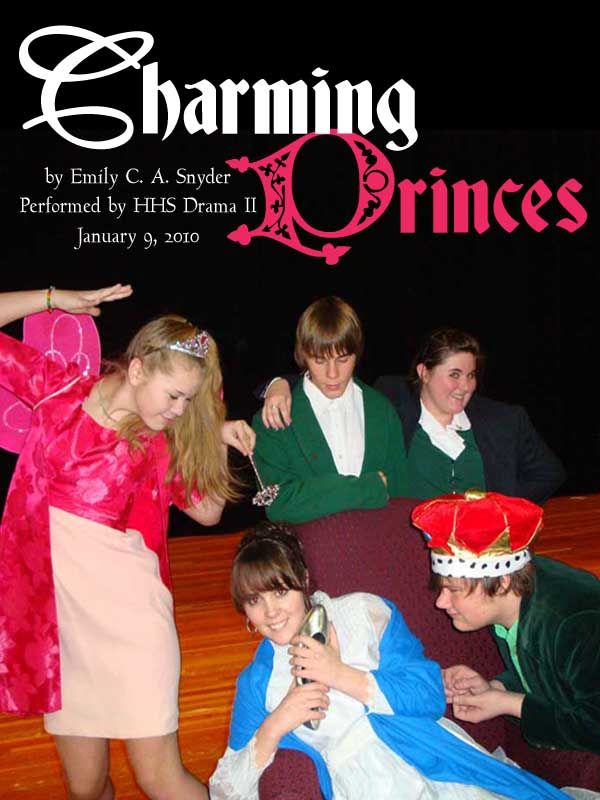
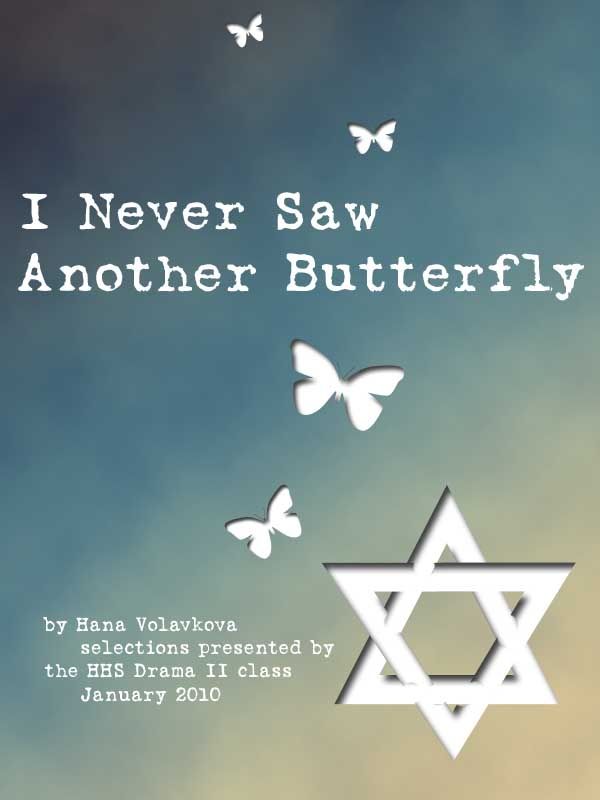
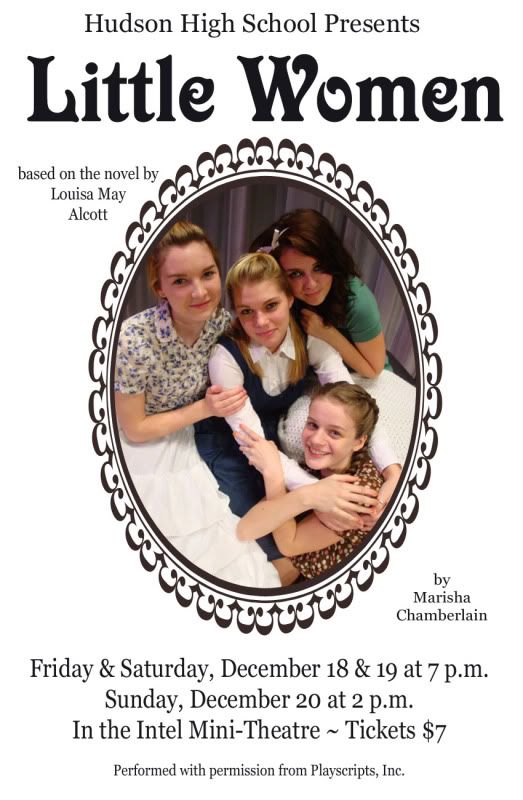
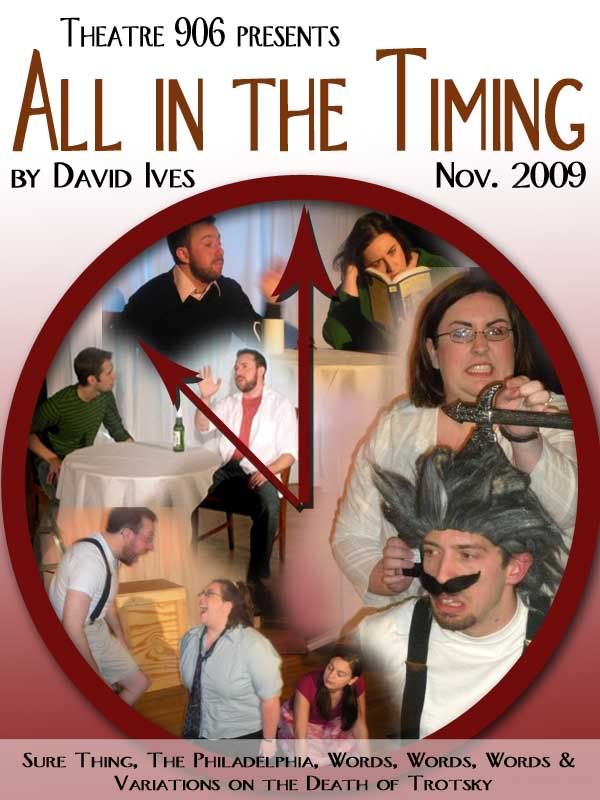
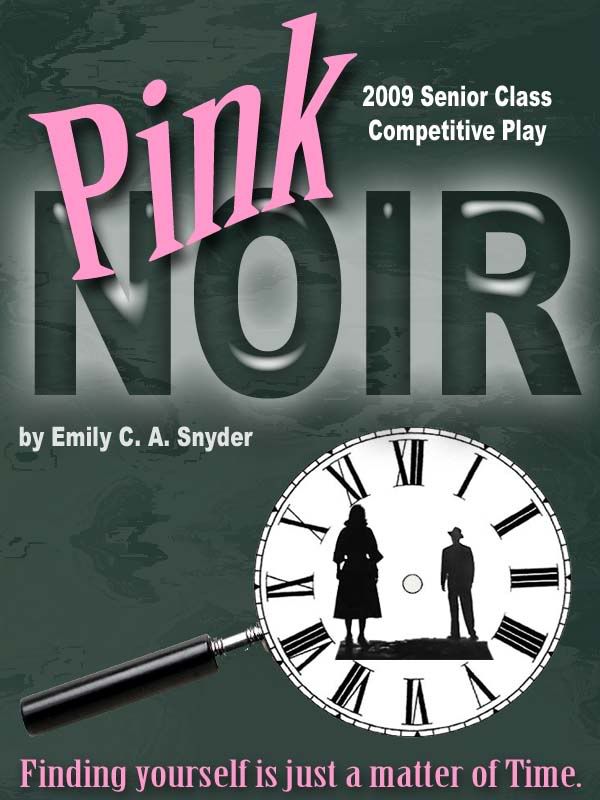
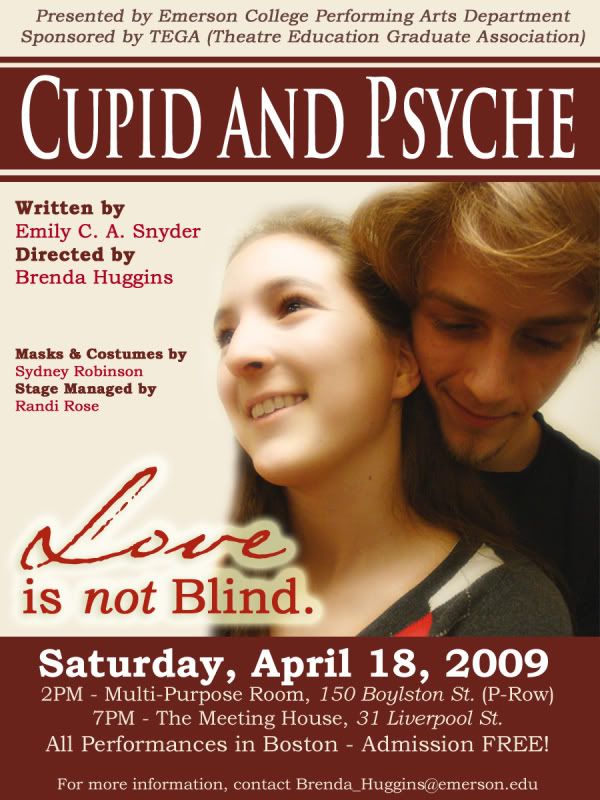
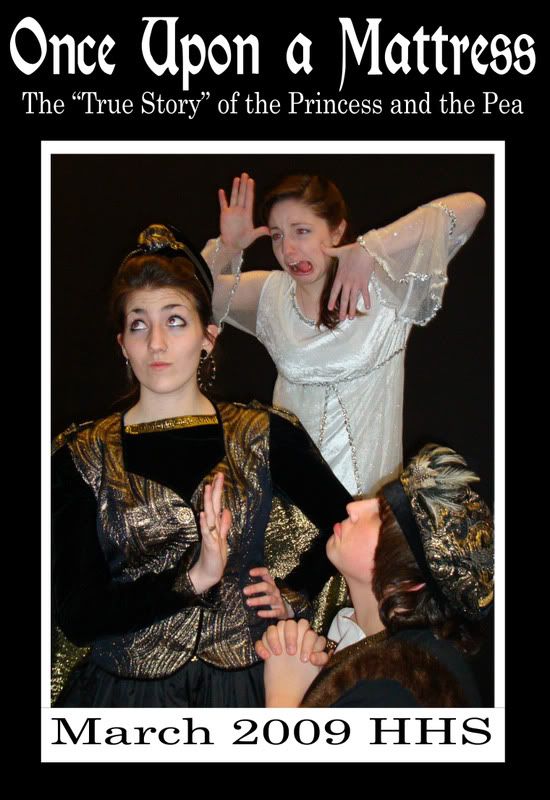
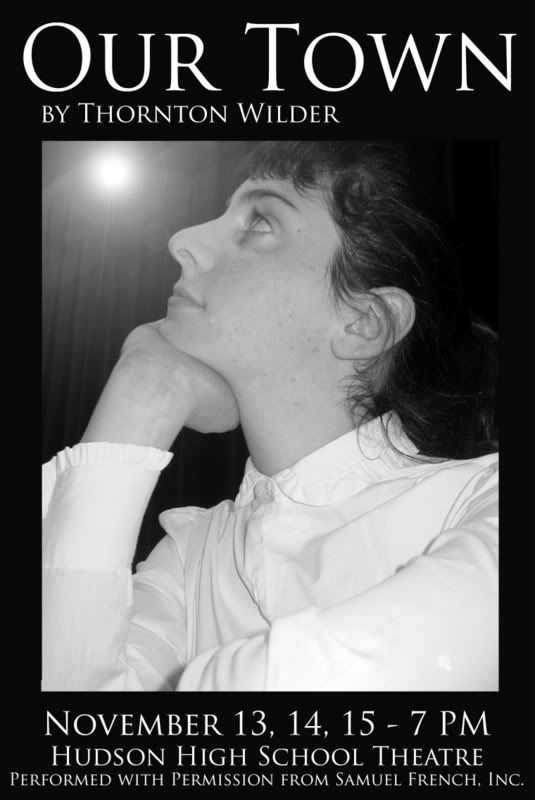
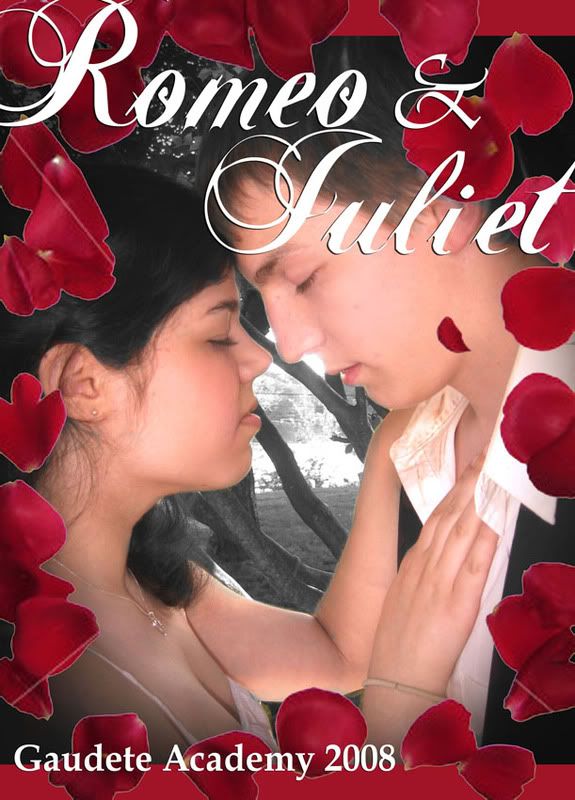
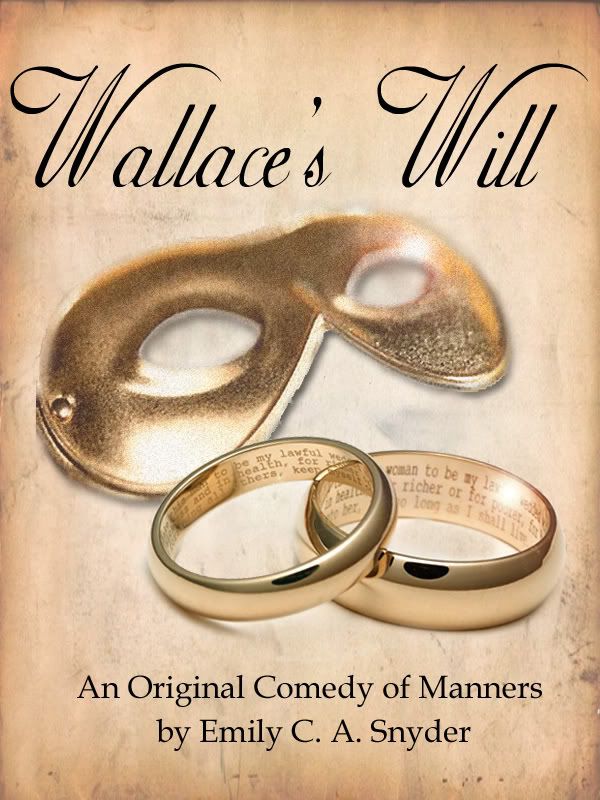
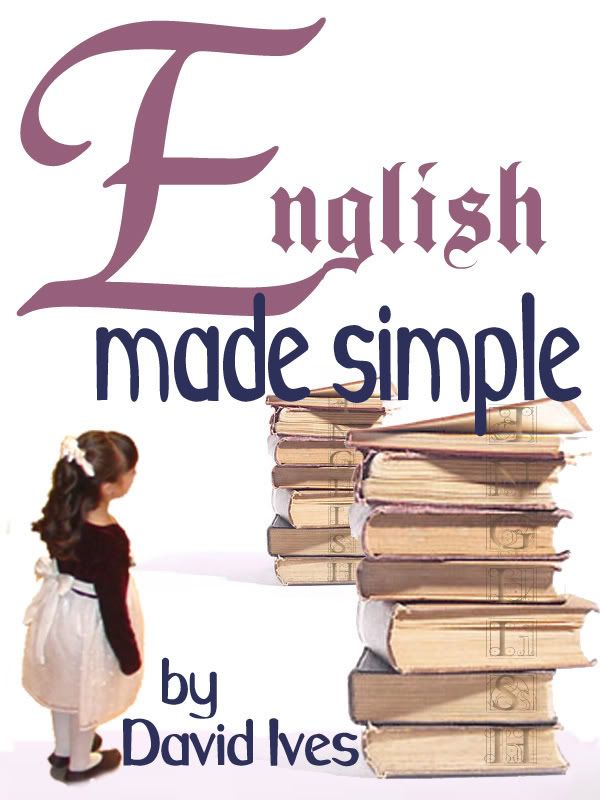
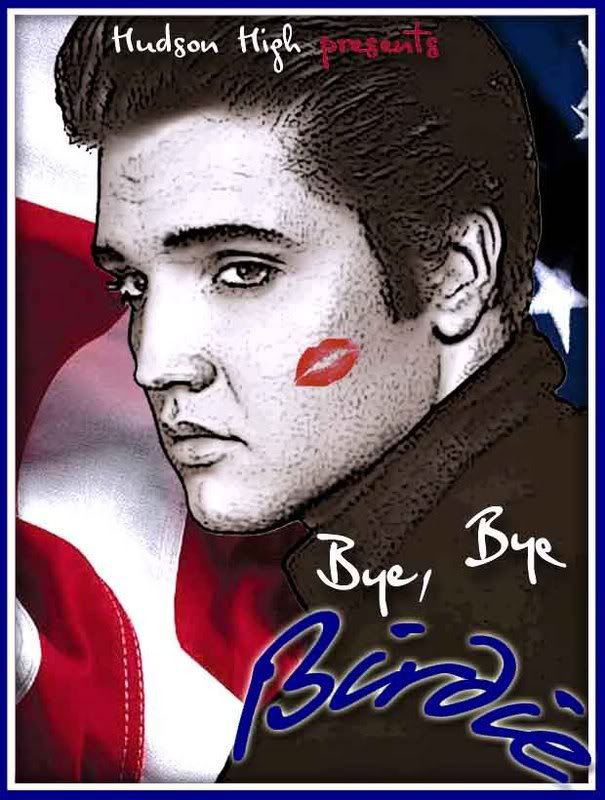
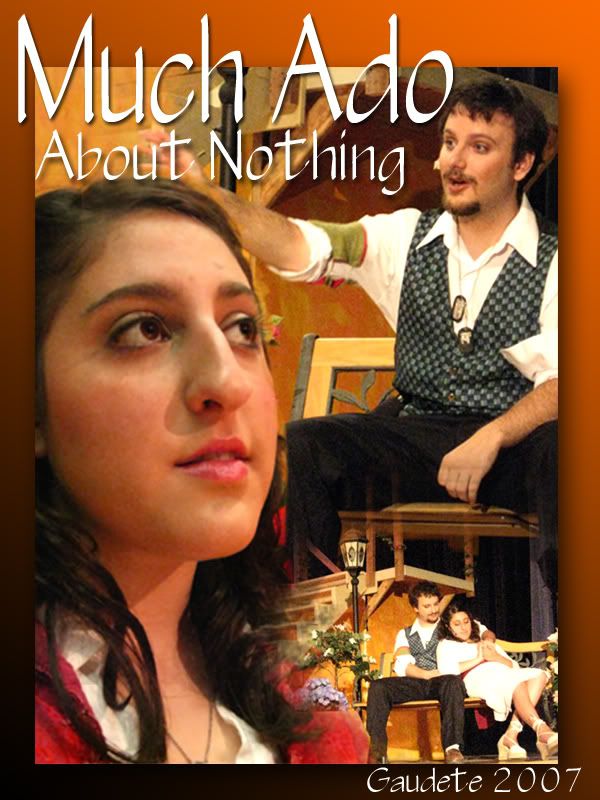
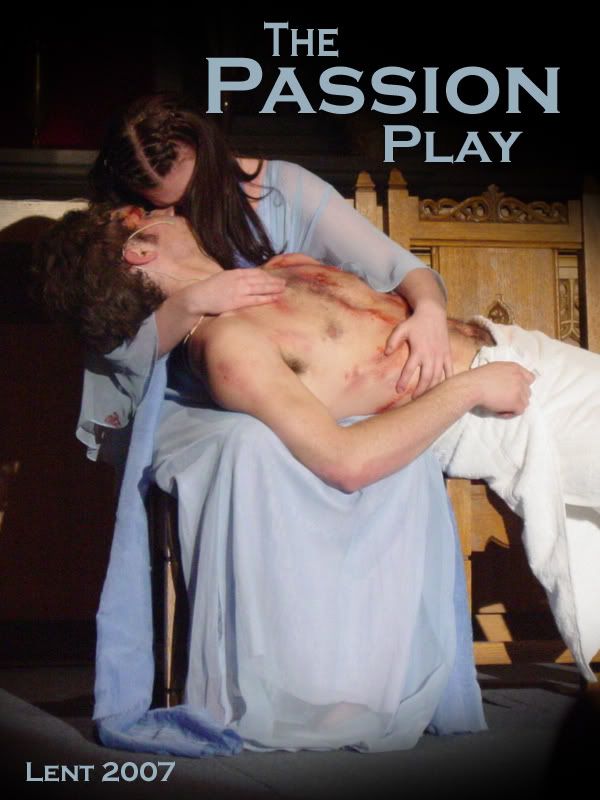
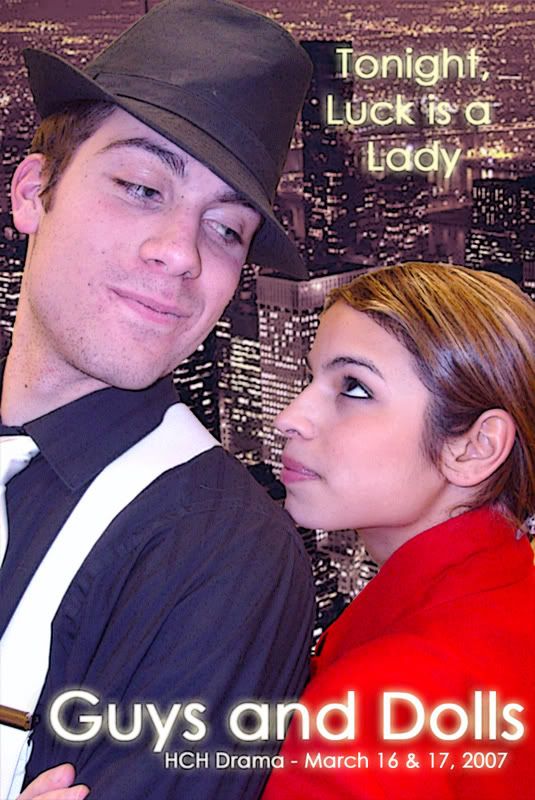
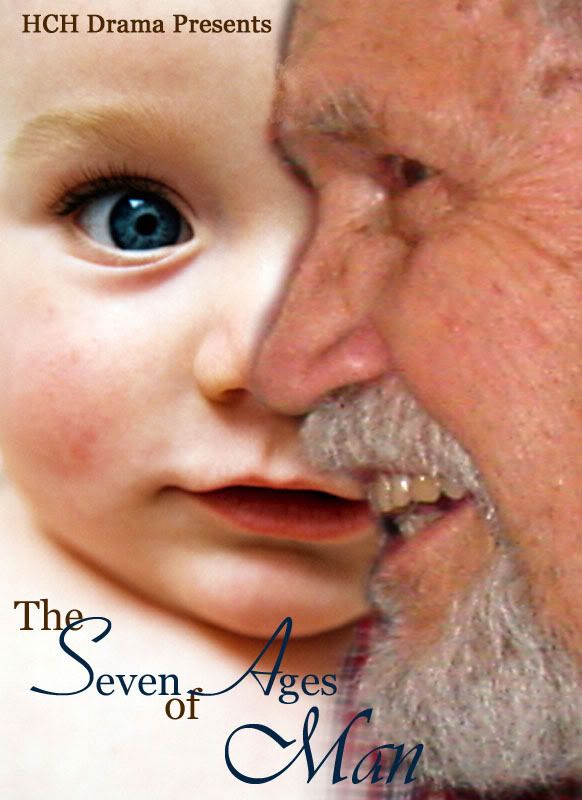

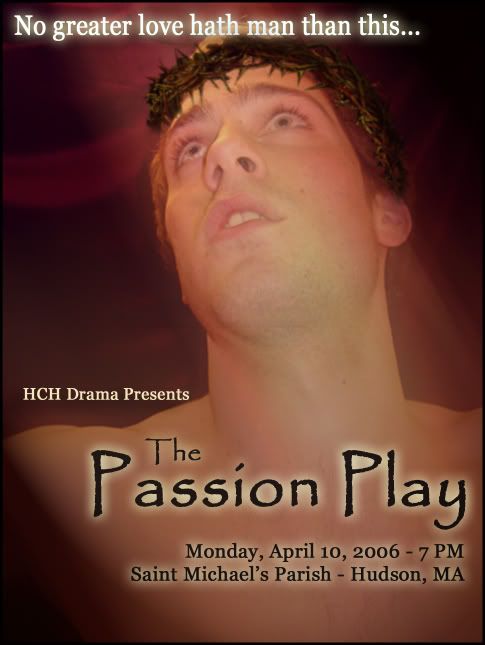
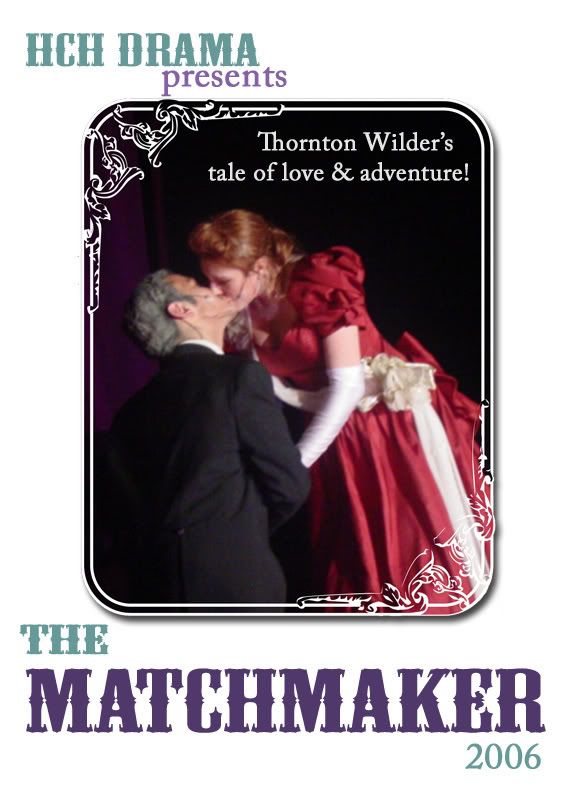


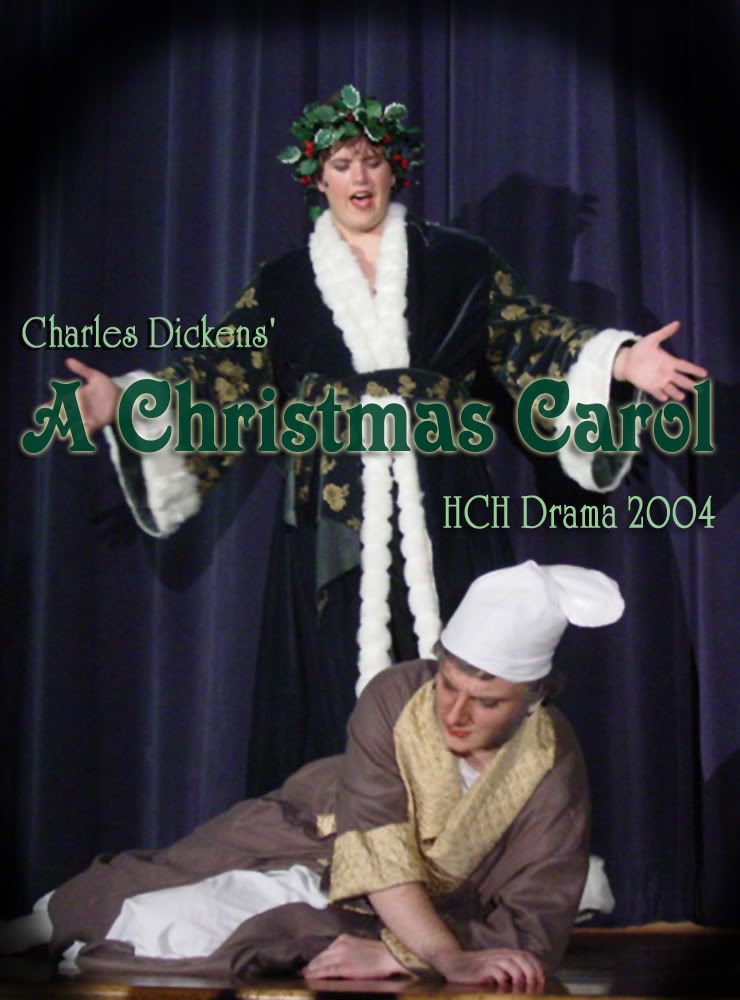
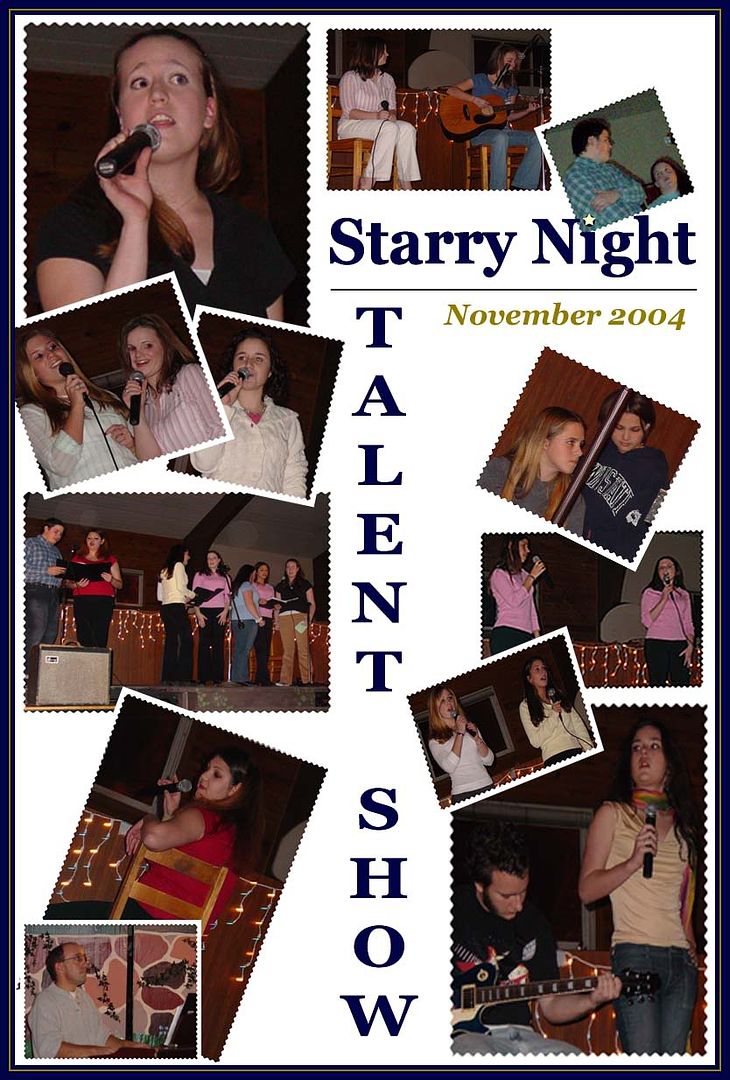
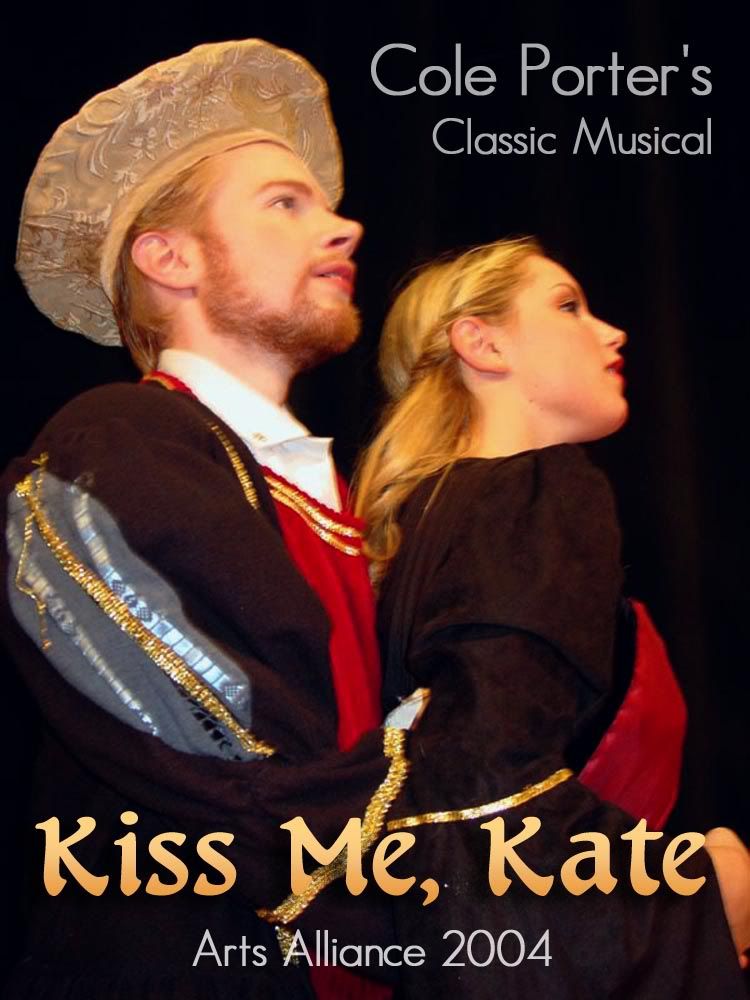

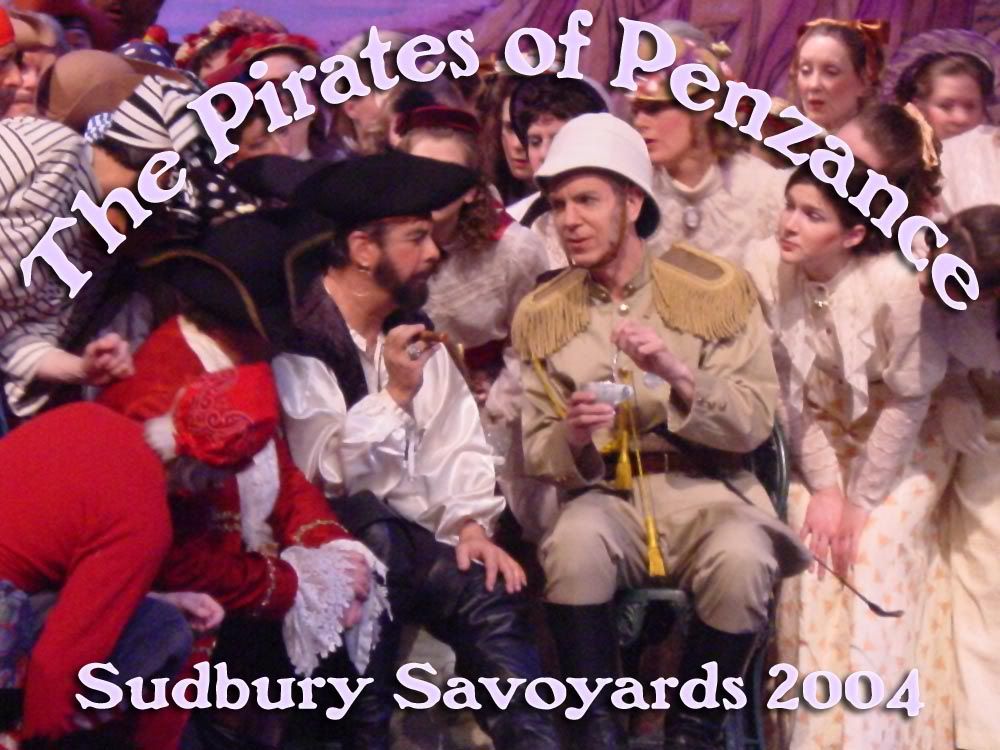
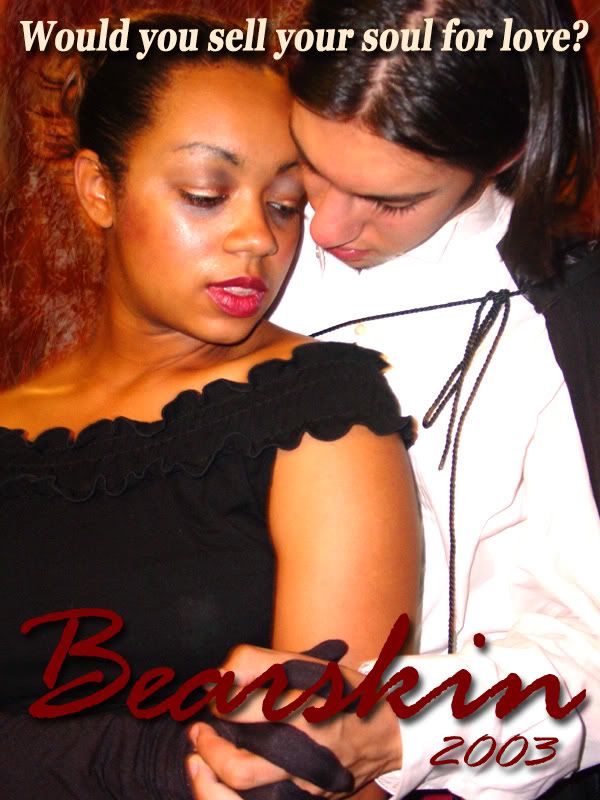
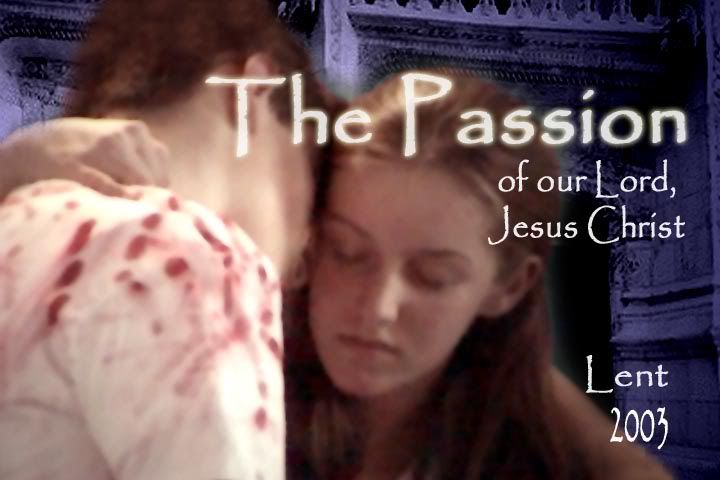

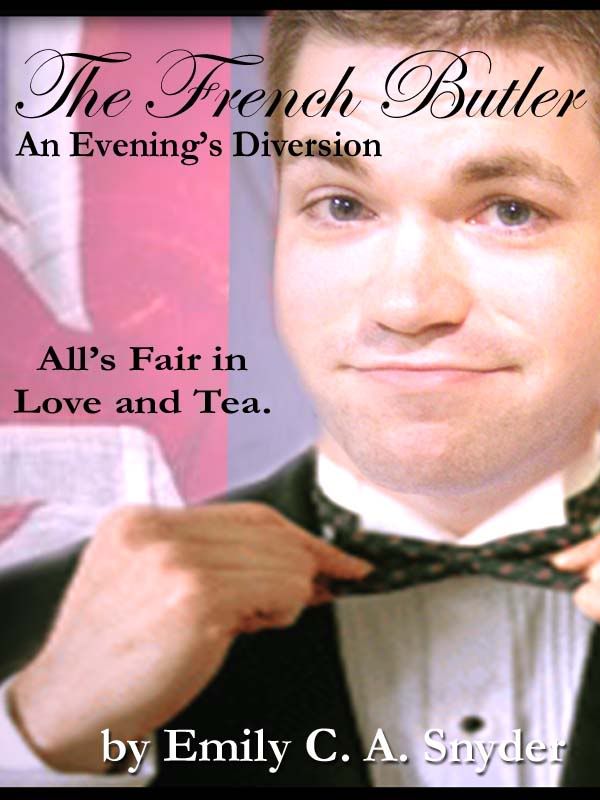
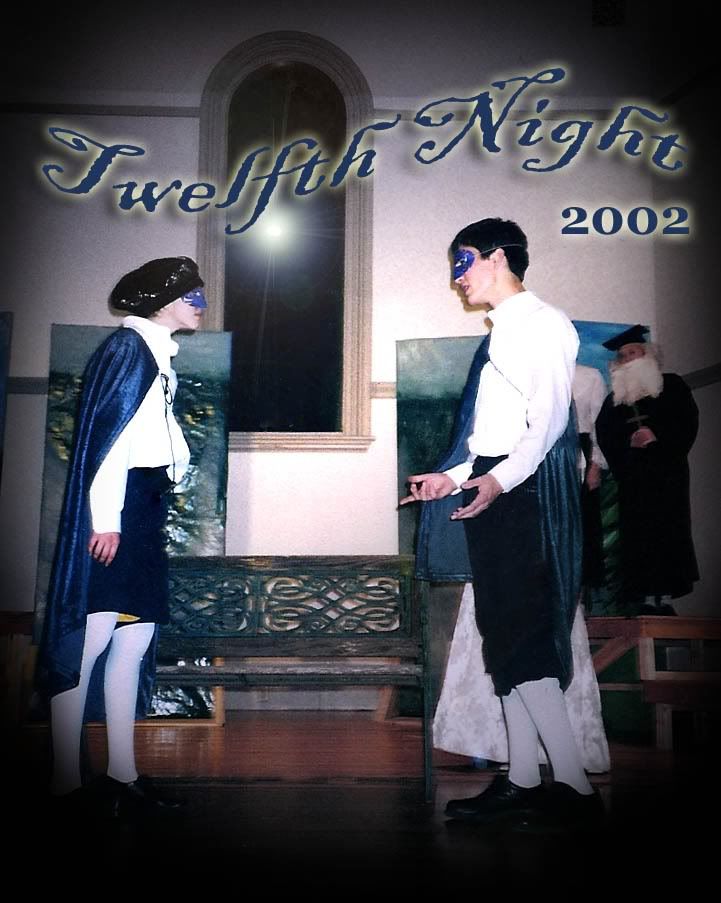
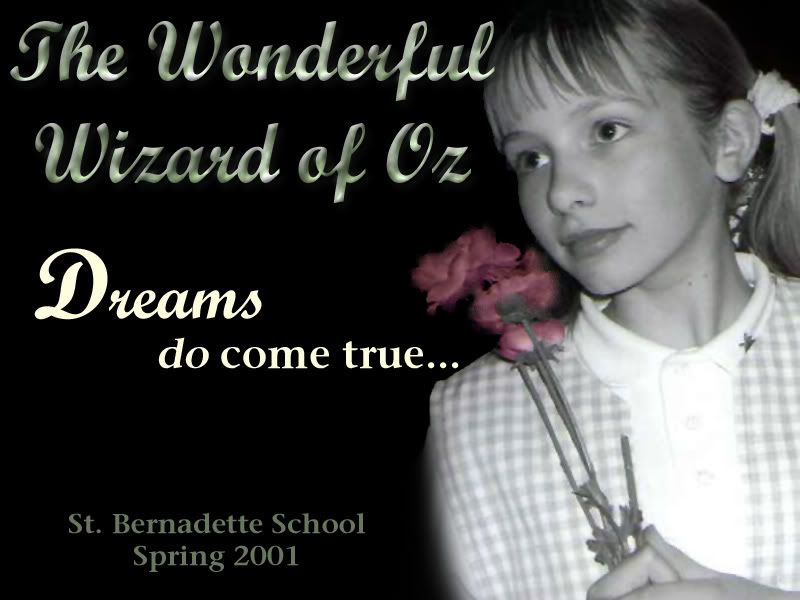
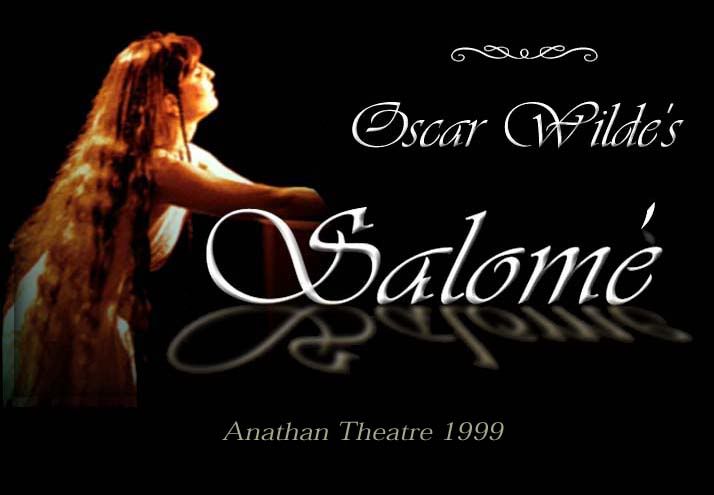
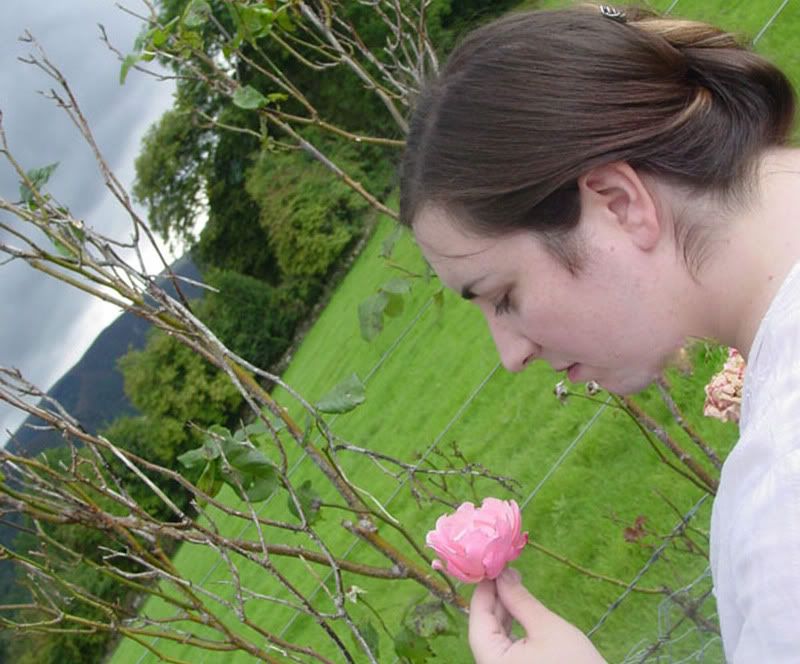

4 Comments:
Dear Emily,
What is the Endarkenment? I have not come across the word before and am intrigued.
Yours repectfully
Keshava
Hi Keshava,
The "Endarkenment" is the name my college professor used for the period commonly known as the "Enlightenment." Curiously, the folks of the Enlightenment named themselves that, and then promulgated the use of "Middle" or "Dark Ages" for what had previously been known as "Christendom." While the Enlightenment gave us many great things - not the least of which include some glorious architecture, the dictionary and the encyclopedia, the fact remains that in the area of philosophy, it completely "darkened" us. For a good example of what happened, read Jonathan Swift's "The Battle of the Books."
Dear Emily,
Thank you very much. I suspected that it might be another name for the Enlightenment. I know very little about that period,so am grateful for the tip about "The battle of the books". I have just downloaded it from project Gutenberg and will read it.
I am a great champion of the middle ages, which do not seem "dark" to me at all, but sometimes wonder if it is just out of romantic feeling, rather than actual fact. It is difficult to find out.
I recently read two books about the Reformation, one by a protestant, Dermott Mc Cullough and one by Catholic Eamon Duffy, the former considers the reformation to be a "howling success" and the latter, thinks it about the worst thing that ever happened. I personally agree with Duffy, but am not yet very sure as to my reasons why.
Anyway, thank you. And also for your blog, which I discovered last week and enjoy muchly. I am new to the scene of blogs, and feel rather as though I am prying or eavesdropping, when I have not introduced myself to you, but I don't want to do that in a public place!.
Yours
Keshava
Hi Keshava,
Welcome to the world of blogs! Have you your own?
Also, if your interested in refutation of "modernist thought" (aka post-Endarkenment stuff), have you checked out G. K. Chesterton's "Orthodoxy" yet? A great read.
-Emily
Post a Comment
<< Home